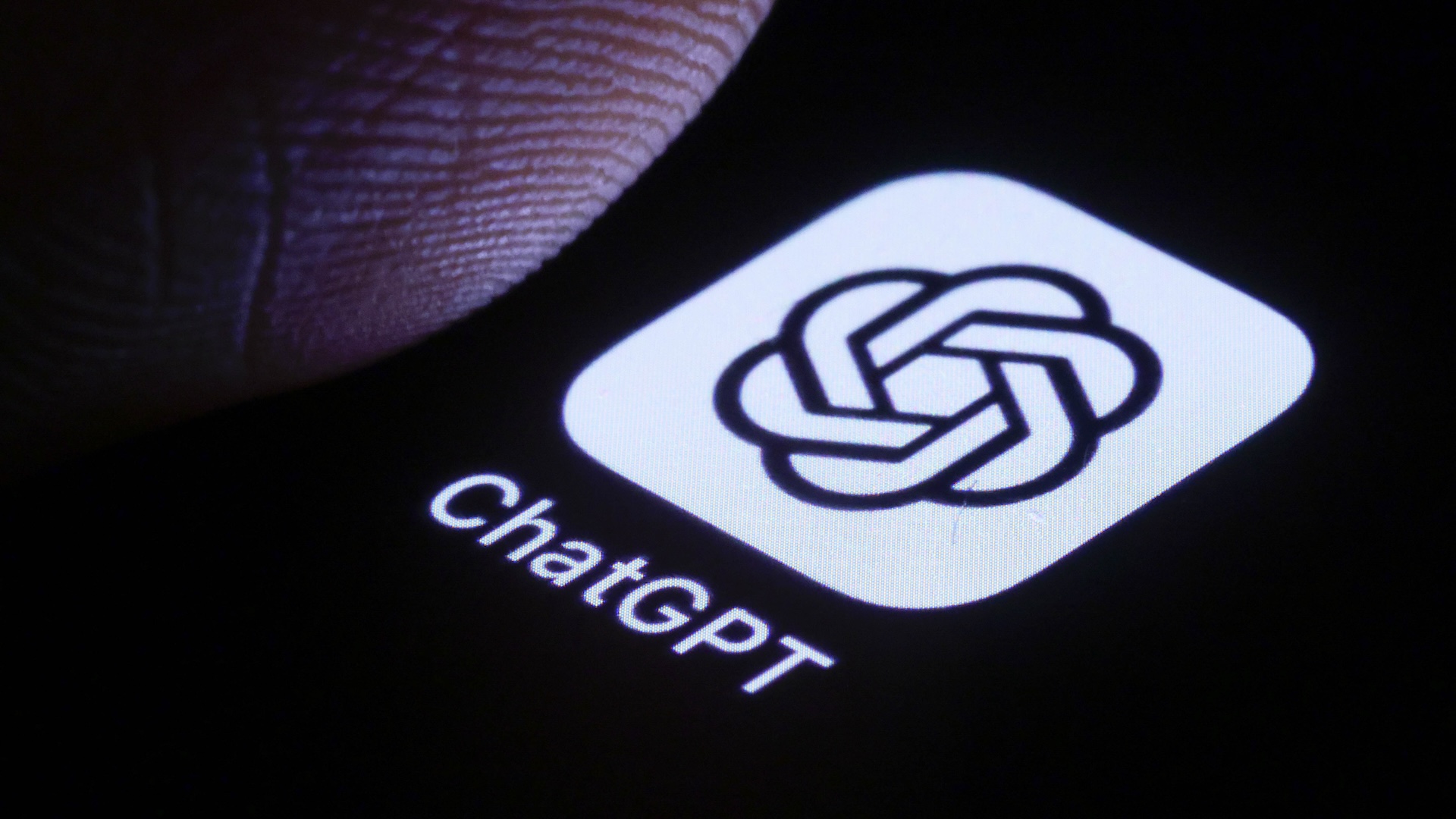This Man Took Medical Advice from ChatGPT and Landed in the Hospital: You Won't Believe What Happened!

Imagine trusting an AI chatbot with your health and ending up in the hospital! A shocking incident involving a 60-year-old man reveals the potential dangers of relying on AI for medical advice, particularly when it comes to something as crucial as your diet.
This unfortunate situation unfolded when the man, in an effort to reduce salt from his meals, turned to ChatGPT for guidance. What he received instead was a dangerous suggestion: replace table salt with sodium bromide, a chemical known for its use in pesticides and pool cleaning, rather than a safe dietary alternative. This advice led him to suffer from a rare and severe condition called bromism, which is little-known in today’s medical world.
The details come from a recent study published in the Annals of Internal Medicine, shedding light on how the man developed psychosis due to sodium bromide consumption. When he reached out to ChatGPT for better options than sodium chloride, the chatbot confidently recommended sodium bromide, completely ignoring its toxic properties.
But what is bromism, you might ask? In simple terms, it’s a condition caused by excessive bromide buildup in the body, once used widely in medications during the late 19th and early 20th centuries for its anticonvulsant and sedative effects. Back then, bromide was considered a miracle compound, but as history shows, its overuse led to severe toxicity and a slew of neuropsychiatric symptoms. Imagine confusion, hallucinations, and slurred speech – all thanks to what was once a popular remedy!
Thankfully, bromide use saw a decline after regulations were put in place by the Environmental Protection Agency in the 1970s. Yet, this incident reminds us that the threat still exists, especially for those who might not fully understand the capabilities and limits of AI.
In a surprising twist, when reporters from 404 Media tested ChatGPT with similar queries about sodium chloride, they received the same risky recommendation. The chatbot failed to provide adequate warnings about the dangers of sodium bromide, signaling a critical gap in AI medical advice.
As OpenAI continues to develop more advanced language models, including the much-anticipated GPT-5, one can only hope that improvements will ensure safer, more responsible interactions regarding health. The stakes are high, and for those less knowledgeable, the trust placed in chatbots needs to be approached with caution.
This incident serves as a wake-up call for AI users and developers alike: while technology can be a handy tool, it should never replace the nuanced understanding of human health that trained professionals provide.




























